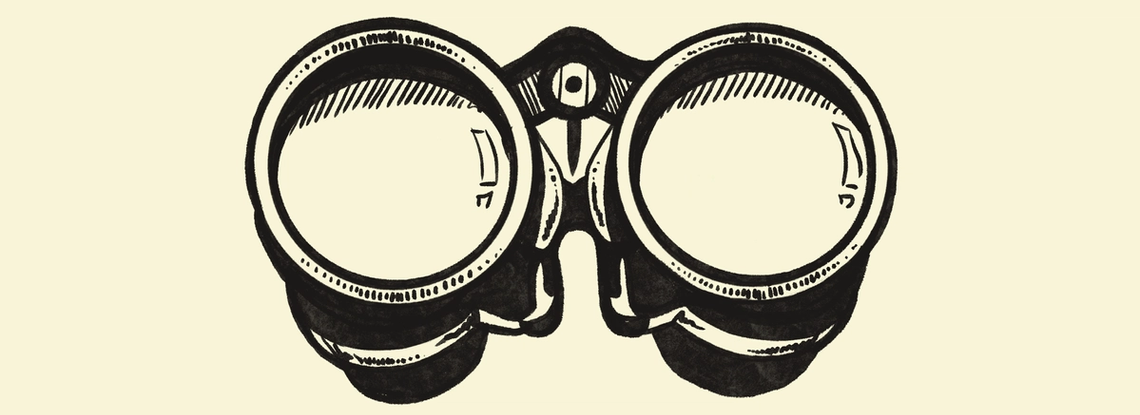THE SCENE  UNHCR/Sam Phelps UNHCR/Sam PhelpsA routine drive from Bouar, a town in western Central African Republic, to the northern city of Bohong became a masterclass in reporting from the frontlines of war. Bouar was once a French military garrison, but the French soldiers had long left and soldiers of the Central African government had occupied the military base. Mirek — the local abbot of Bouar — and I traversed a rocky moonscape in his white pickup. Cell phone networks didn’t reach this place and Mirek was in a hurry. The village was silent when we arrived, until Mirek honked loudly. I saw movement at the edge of my vision: a man ran at us. I rolled down my window and the man thrust a sheet of paper at my face. “A rebel?” I asked Mirek. “Probably, by now,” he said. “All the villagers are joining the rebels to fight against the government.” The rebel’s sheet lay in my lap. On it, columns had been drawn and in the first column was a list of names. The second column described what had happened to them: who had been killed, whose property had been stolen, and who was now ill with dysentery or fever. The abbot stuffed each village’s war report into his glove compartment. In the 21st century, people here had been so isolated that facts needed to be relayed by hand. Mirek used his position as the local abbot, a respected figure, known to the soldiers, to serve as an information relay. In a world inundated with information, this was how news had to be collected in the Central African Republic’s war — by hand, and the courage of an abbot. *This an excerpt from Breakup, by Anjan Sundaram  Penguin Random House Penguin Random HouseKNOW MORE The ongoing conflict in CAR is the third civil war the country has seen in just over three decades. In March 2013, rebel groups formed in the north to oppose the government, which rebels claimed was not abiding by peace agreements after the preceding CAR Bush War. Rebels formed a coalition called the Séléka and seized the capital. Looting and atrocities soon led to deadly reprisals by self-defense committees made up of villagers and former soldiers called the Anti-balaka militias. Much of the tension between coalitions is over religious identity between Muslim Séléka fighters and Christian Anti-balaka. ANJAN’S VIEW Central Africans have been casualties of inattention; their lives deemed dispensable, less important, less worthy of international news coverage. While hundreds of international reporters rotate in and out of Ukraine, providing round the clock coverage, CAR is shrouded in darkness, many of its killings passing unreported. Reporting on the world’s most isolated major war, in the Central African Republic, is made difficult by the relative obscurity of the country, outside its region. International magazine editors are largely unaware that the country exists, or that a war is underway there. News from CAR still travels to New York and Paris before it reaches an audience in Nigeria or Kenya. When I traveled through the CAR, I didn’t meet a single African reporter. A colonial international news structure, heavily dependent on funding and reporting from Western capitals, is not good enough. African middle-income economies should step up and take a greater interest in their neighbors, investing in deploying journalists who report on events affecting millions of Central Africans. Instead of continually criticizing the West for its blind spots, it’s time for the Global South to provide a new, post-colonial perspective on the world, showing us how to view events with intelligence and compassion, outside Western frames of reference. Additional reporting by Marché Arends Read an extended version of this article here. | 










